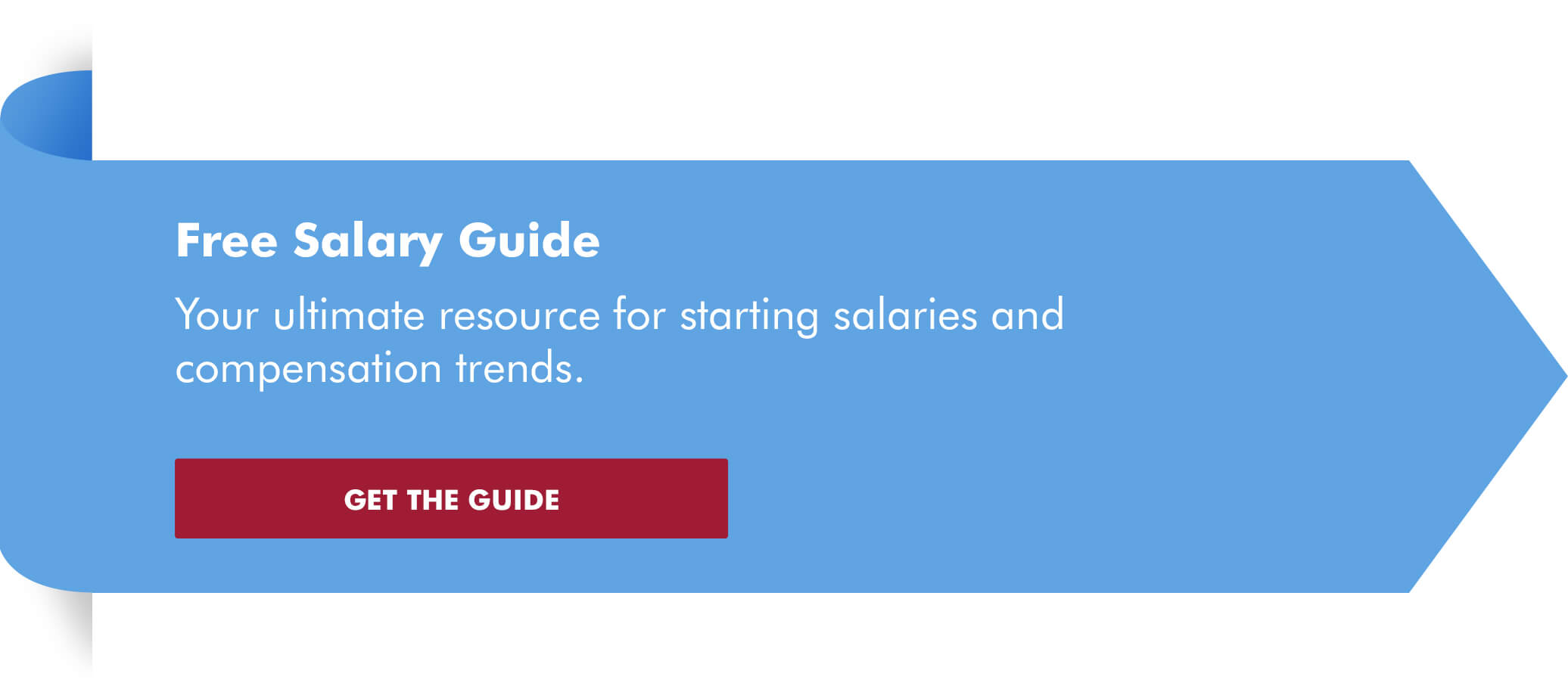Business analysts are in high demand. Employers are choosy about the professionals they select for these specialized roles in the finance function — even when hiring consultants and project professionals. This is why many are asking tough business analyst interview questions, which can be challenging for candidates who don’t anticipate them.
Hiring managers and recruiters make assessing the technology skills of business analysts a top priority, of course. But they also want to get a sense of a candidate’s business acumen and interpersonal abilities. Given the critical role that business analysts play in companies today, they want to make sure to hire professionals who are likely to fit in at the company, and start making contributions from day one.
That said, while you may encounter a number of common business analyst interview questions when meeting with hiring managers, there really is no set list that you can study to prepare. Two key reasons for the lack of standardized questions is that business analysts are hired to help support or manage so many types of projects, and every company has its own unique mix of business and financial objectives.
Job descriptions stand as your guide for anticipating the types of technical questions you might field in an interview, as they will usually outline the specific knowledge you will need to bring to a business analyst position. Other types of business analyst interview questions are likely to focus on the following three areas:
1. How you can help the company solve problems today — and in the future?
Business needs are always changing, which means you should emphasize your range of abilities in your job application materials and during the interview process.
For example, perhaps you applied for a role to help assist with a major data analytics project. But then you learn from the hiring manager that the company is also considering a major enterprise resource planning (ERP) system upgrade in the coming year, and she asks if that’s something you might be able to support as well. If you can demonstrate that you have the analytics skills for the current project, and the ERP and change management experience to assist with the future upgrade, you might stand out dramatically from other candidates under consideration.
To ensure you can pivot like this during an interview, you need to do your homework. Take a close look at the job description again before meeting with the potential employer, so you can prepare a narrative that will speak directly to the organization’s needs. And find out what you can about the business’s future plans (or recent changes) from the news, the company’s website and media releases, and people in your network who might have insight into the organization.
2. How can your skills create value for the business?
Companies like Google and Amazon have a reputation for asking unique problem-solving questions — even presenting riddles — to their job candidates. But even if a hiring manager doesn’t throw out a business analyst interview question that’s a brainteaser, you can be sure many inquiries will be designed to test your analytical-thinking skills — and determine how those abilities can translate into business value.
Employers want to feel confident that the people they hire for business analyst roles can think of creative solutions to complex problems. So, seize every opportunity in the interview to present information that sheds light on your ability to help the business identify risk, uncover new opportunities, create more efficiency, and use resources more strategically and cost-effectively.
3. How do your soft skills measure up?
You are a business analyst, therefore you analyze. But you won’t be working in a silo, looking at financial data, testing theories and creating reports all day, every day. You will likely need to share information with others in the business, at all levels. You will need to collaborate on projects — and perhaps, lead them. You might even need to help guide others through change initiatives, and could advance to a position managing others in the finance department.
Responsibilities like these call for solid interpersonal skills. In fact, in today’s highly collaborative work environment, many employers are paying far more attention to soft skills when hiring business analysts and other accounting and finance professionals. More organizations are also taking care to hire candidates who are likely to excel in the prevailing corporate culture.
So don’t be surprised if you encounter business analyst interview questions such as: “Do you feel you could thrive in a team-oriented environment?” or “Have you ever had to help diffuse a conflict in your office, and, if so, how did you do it?” or “What was your last big idea, and how did you get buy-in for it?”
While you should be fully prepared to demonstrate your technical knowledge and expertise as a business analyst to potential employers, you should be equally ready to discuss your full range of professional abilities. You can be assured some business analyst interview questions you encounter will be centered on assessing your potential to complement the finance team — and enhance the company — in ways that transcend your basic job duties.








